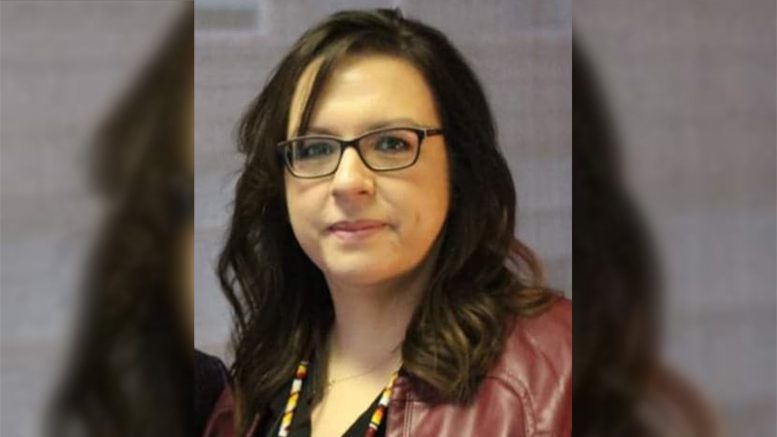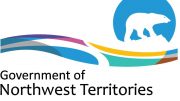Sixties Scoop survivors will still have to wait for an unknown period of time before seeing the money they’re owed through the federal settlement.
Collectiva, the administrator of the settlement, said it is putting payments on hold due to COVID-19.
In a notice posted to the settlement’s official website, the company said processing incomplete applications has taken longer than expected, especially now with social distancing orders in place across the country.
The settlement, approved two years ago, states that all class action members are eligible for an equal payment. The amount of that payment depends on the number of successful applications. Collectiva received 34,767 applications to get a piece of the $750-million pie.
If there are between 20,000 and 30,000 claims approved, each person is entitled to $25,000. If there are more than 30,000 claims, then the $750 million will be divided equally among the final number of applicants.
(Here is more information on the breakdown of payment and other information on the settlement.)
“As the process of resolving incomplete applications, including consultation with provincial and territorial government agencies, has taken more time than originally estimated, the Federal Court has ordered that the distribution of payments may proceed once more than 4,767 applications have been fully and finally rejected,” reads the notice, dated April 23.
But with the delays, there’s no timeline as to when that might happen.
Katherine Legrange is a survivor herself and the director of 60s Scoop Legacy of Canada.
In March, Legrange wrote to the Federal Court asking that payments be issued to the 12,000 or so applicants that have already been approved. The court approved the request at the time, but COVID-related complications have also put those on hold.
Legrange recently wrote another letter to the court asking for smaller payments — $20,000 — be issued to these survivors with the balance paid out later. As part of the request, these payments would be made out before May 31.
In response, Justice Michael Phelan said these kinds of requests should be made through the class members’ law firms. Legrange said survivors are still waiting for a response from their lawyers.
Delays causing anxiety
Legrange’s usual role is to advocate for healing services and support for survivors. Now she’s been thrust into pushing for payments because she says she feels no one else was doing so.
This is not the first delay: in December, the court granted Collectiva an extension to give the federal government a final number of approved claims.
Legrange says many survivors are elderly and living on a fixed income; some want to leave a legacy to their grandchildren, others don’t qualify for the Canada Emergency Response Benefit or other programs.
“So there’s a range for wanting this settlement,” she says.
“We’ve heard a lot of anxiety and stress when there’s delays,” she adds. “We’ve had one person threaten suicide… so we know this is causing a great amount of distress.”
Listen below to CKLB’s interview with Legrange:
Asked if survivors would be seeing payments had the pandemic not happened, Legrange said, “I think we’d be really close to seeing cheques come out right now.”
But for now survivors are being left in the dark.
Legrange says Collectiva has not shared information on processing the remaining claims.
“They’re not ordered to, it isn’t in their agreement but we’ve asked for that in the letter because if you can see progress happening, it’s encouraging and we want people to see where things are at,” she said.
And as for those who don’t see another delay as a problem?
“I’m glad that you’re able to manage without this money but not everybody can afford to wait,” says Legrange. “I think everybody wants a resolution to this. This has been an upheaval for Sixties Scoop survivors.”
Federal government transfers money for payments
The $875-million settlement was approved in 2018 as a way to compensate thousands of Indigenous children, now adults, that were adopted out to non-Indigenous families across the globe between the 1950s and early 1990s.
That compensation is capped at $750 million, with an additional $50 million going to a Sixties Scoop foundation and the rest to four law firms that negotiated the settlement.
According to APTN, the federal government transferred $500 million to Collectiva to try and pay survivors quickly following the March approval (and before the COVID-19 delays). Since then, APTN reported that money has been collecting interest and the additional money will go to the foundation.
Legrange suggests in her latest letter that this money should be redistributed to class members instead of going to the foundation.
Earlier this year, representatives from the foundation held an engagement session to hear from NWT survivors.
Francis was a reporter with CKLB from January 2019 to March 2023. In his time with CKLB, he had the immense pleasure and honour of learning about northern Indigenous cultures.









